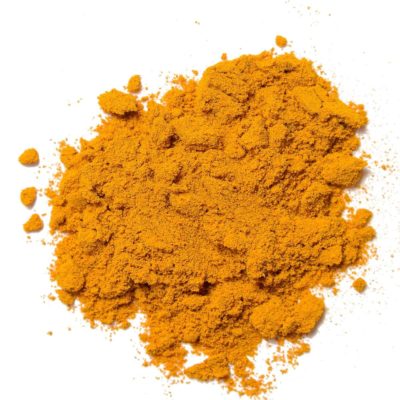Study in Mice Suggests that Compound in Turmeric May Reduce Anxiety and Promote Resilience to Stress
 Chronic stress is a risk factor for the development of mood and anxiety disorders. Researchers have begun to focus on how to promote resilience to stress. Curcumin is a micronutrient found in turmeric that has anti-inflammatory and antidepressant effects and may promote such resilience.
Chronic stress is a risk factor for the development of mood and anxiety disorders. Researchers have begun to focus on how to promote resilience to stress. Curcumin is a micronutrient found in turmeric that has anti-inflammatory and antidepressant effects and may promote such resilience.
Researchers studying human depression often design studies to see how mice with chronic social defeat stress respond to various interventions. Mice who are repeatedly menaced by a larger mouse begin to show symptoms that resemble human depression, such as social avoidance, lack of interest in saccharin compared to plain water (a stand-in for loss of enjoyment or anhedonia in humans), and anxiety.
In a 2018 article in the journal Neuropsychopharmacology, researcher Antonio V. Aubry and colleagues described the effects of curcumin on mice undergoing chronic social defeat stress. Mice who were given a diet that consisted of 1.5% curcumin showed a 4.5-fold increase in resilience to social defeat stress, measured by their performance during a test of social interaction. Among the 129 mice in the study, 64% showed the increase in resilience, the remaining 36% did not respond to the curcumin diet and had the normal ‘depressed’ response. The mice who responded well to curcumin released less of the stress hormone corticosterone, and they also had lower levels of the inflammatory marker IL-6.
All of the mice on the curcumin diet showed reduced anxiety during tests that forced them to travel through open spaces (when they prefer to stay in more enclosed spaces or move along the edges of an enclosure).

